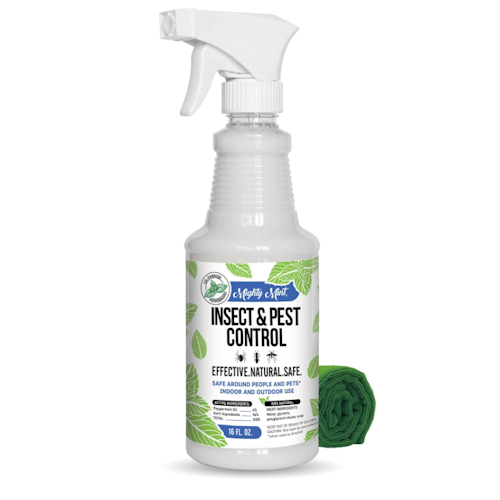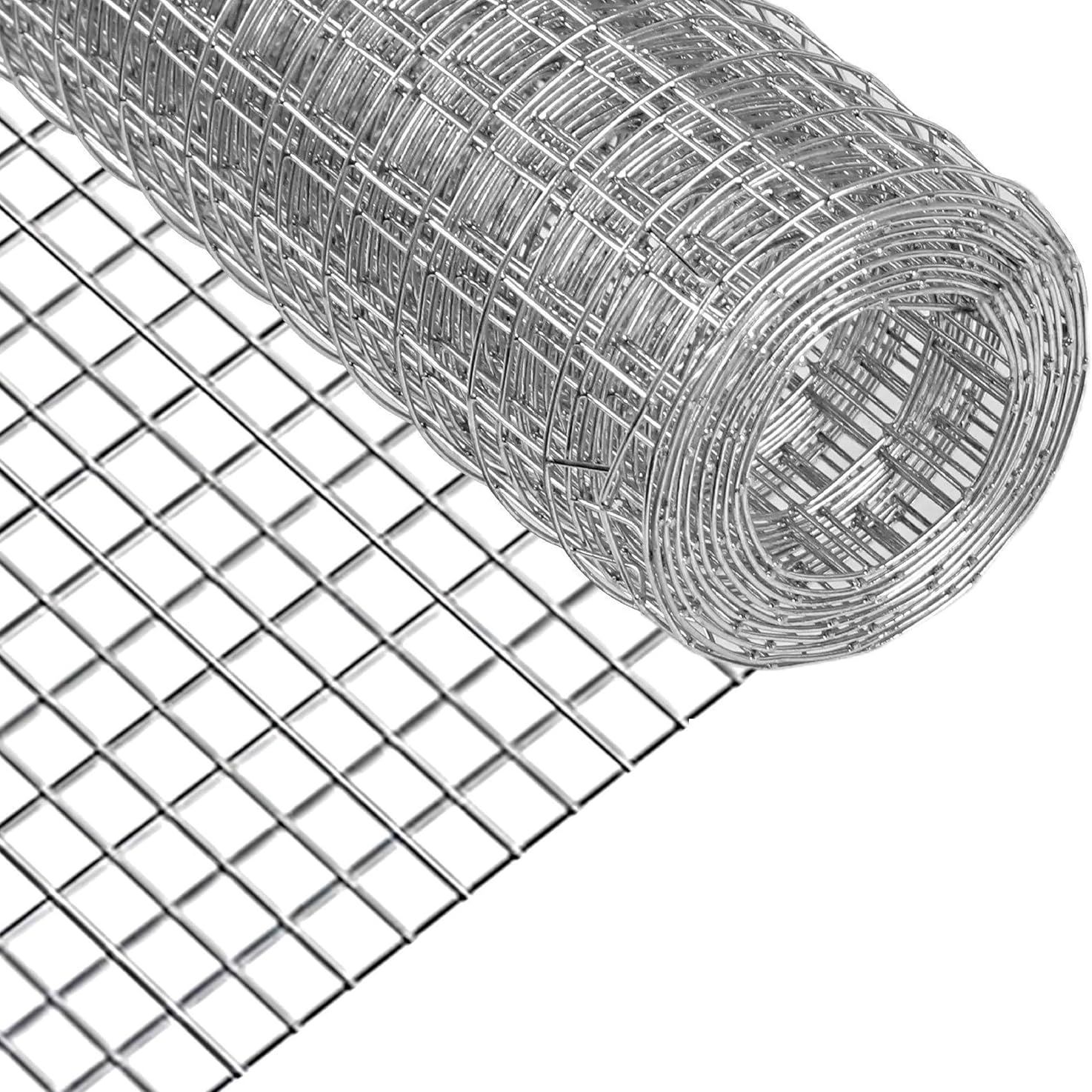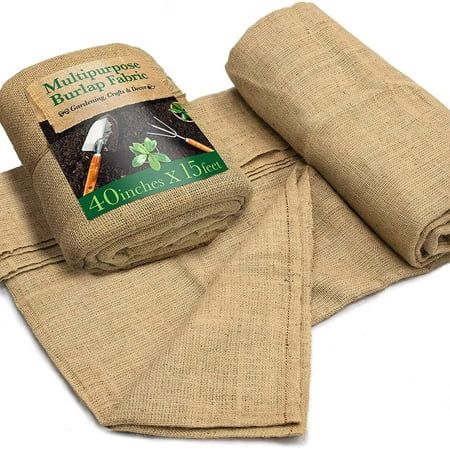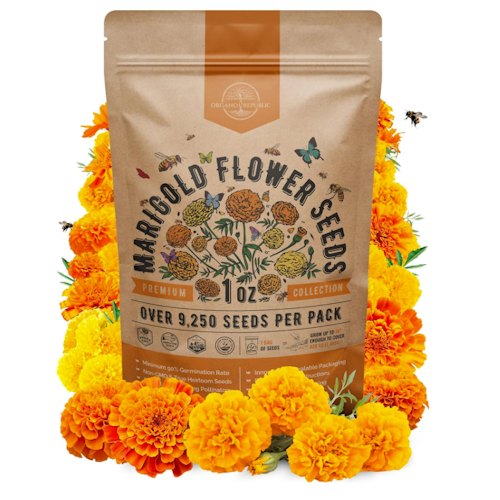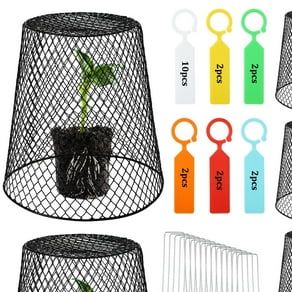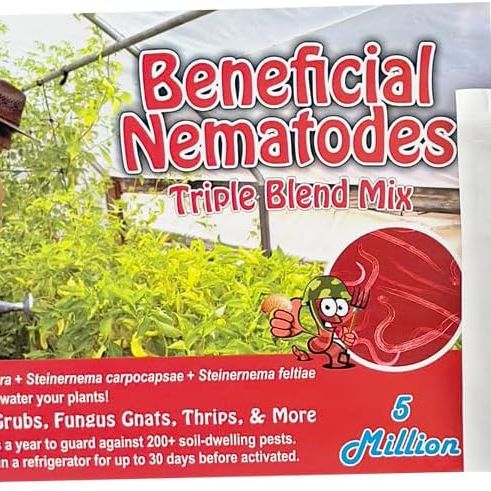Before You Try the Plastic Fork Pest Control Hack, Read This Warning – We Reveal the Non-Toxic Alternatives That Will Actually Protect Winter Crops
Plastic forks can harm wildlife, impact soil health, and they aren't guaranteed to keep pests away

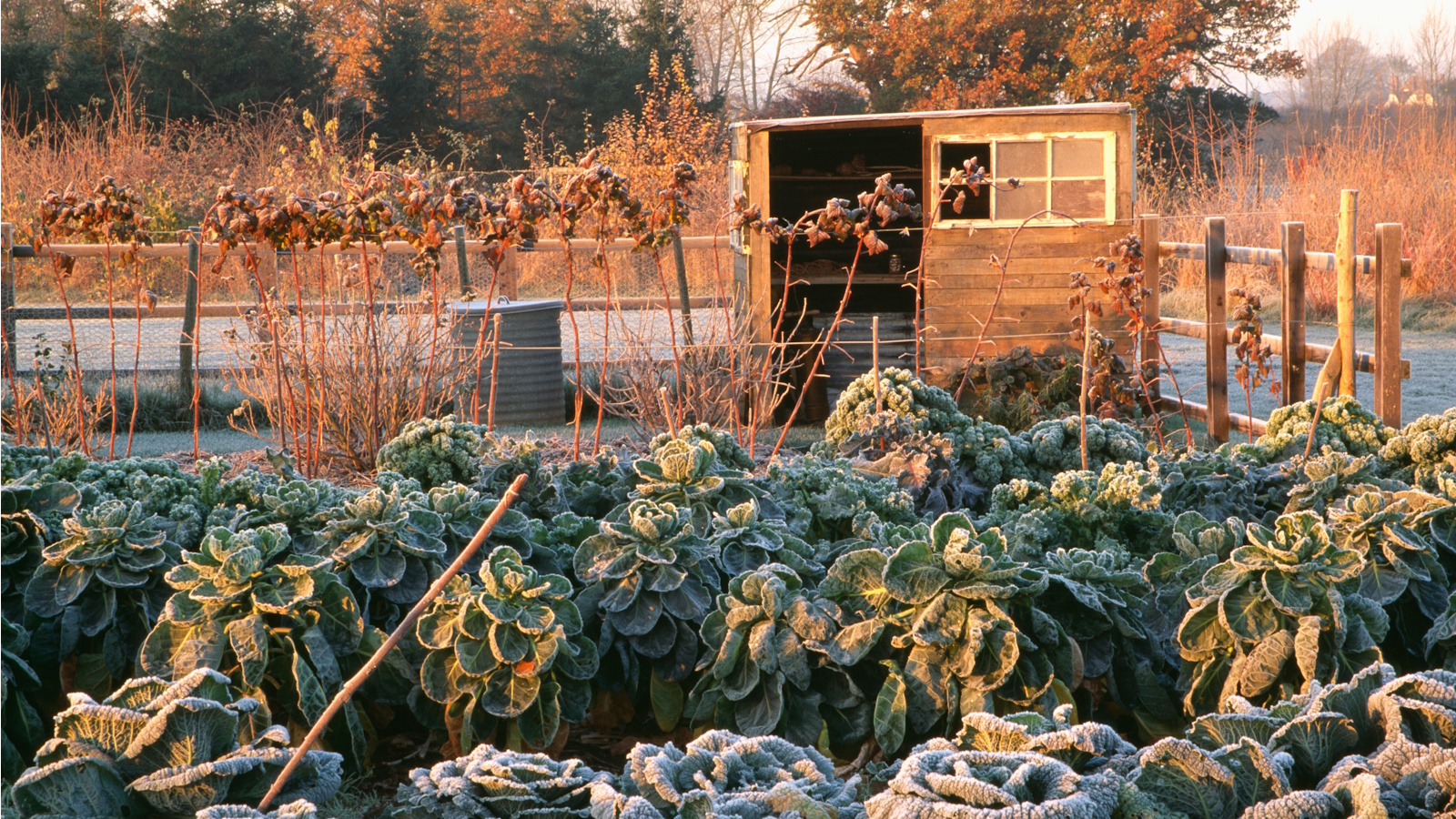
Design expertise in your inbox – from inspiring decorating ideas and beautiful celebrity homes to practical gardening advice and shopping round-ups.
You are now subscribed
Your newsletter sign-up was successful
Want to add more newsletters?

Twice a week
Homes&Gardens
The ultimate interior design resource from the world's leading experts - discover inspiring decorating ideas, color scheming know-how, garden inspiration and shopping expertise.

Once a week
In The Loop from Next In Design
Members of the Next in Design Circle will receive In the Loop, our weekly email filled with trade news, names to know and spotlight moments. Together we’re building a brighter design future.

Twice a week
Cucina
Whether you’re passionate about hosting exquisite dinners, experimenting with culinary trends, or perfecting your kitchen's design with timeless elegance and innovative functionality, this newsletter is here to inspire
As a gardening journalist, I come across so many different hacks to apparently prevent garden problems. While many of them have proven to be useful, some are not always the best advice to follow – including the latest trick of using plastic forks to deter pests from crops over winter.
It's a pest control method that involves sticking plastic forks in the ground upward to create a barrier for the pests that destroy plants. While it's true the spikey nature of the forks will deter some pests to a certain extent by making it challenging for them to reach the plants, it isn't necessarily the most sustainable or effective method to use.
Instead, you should opt for natural pest control methods and quality pest control tools that will guarantee safety for your crops. Here's a more in depth look at why you shouldn't use plastic forks for pest control and what to use instead.
Why you shouldn't use plastic forks for pest control
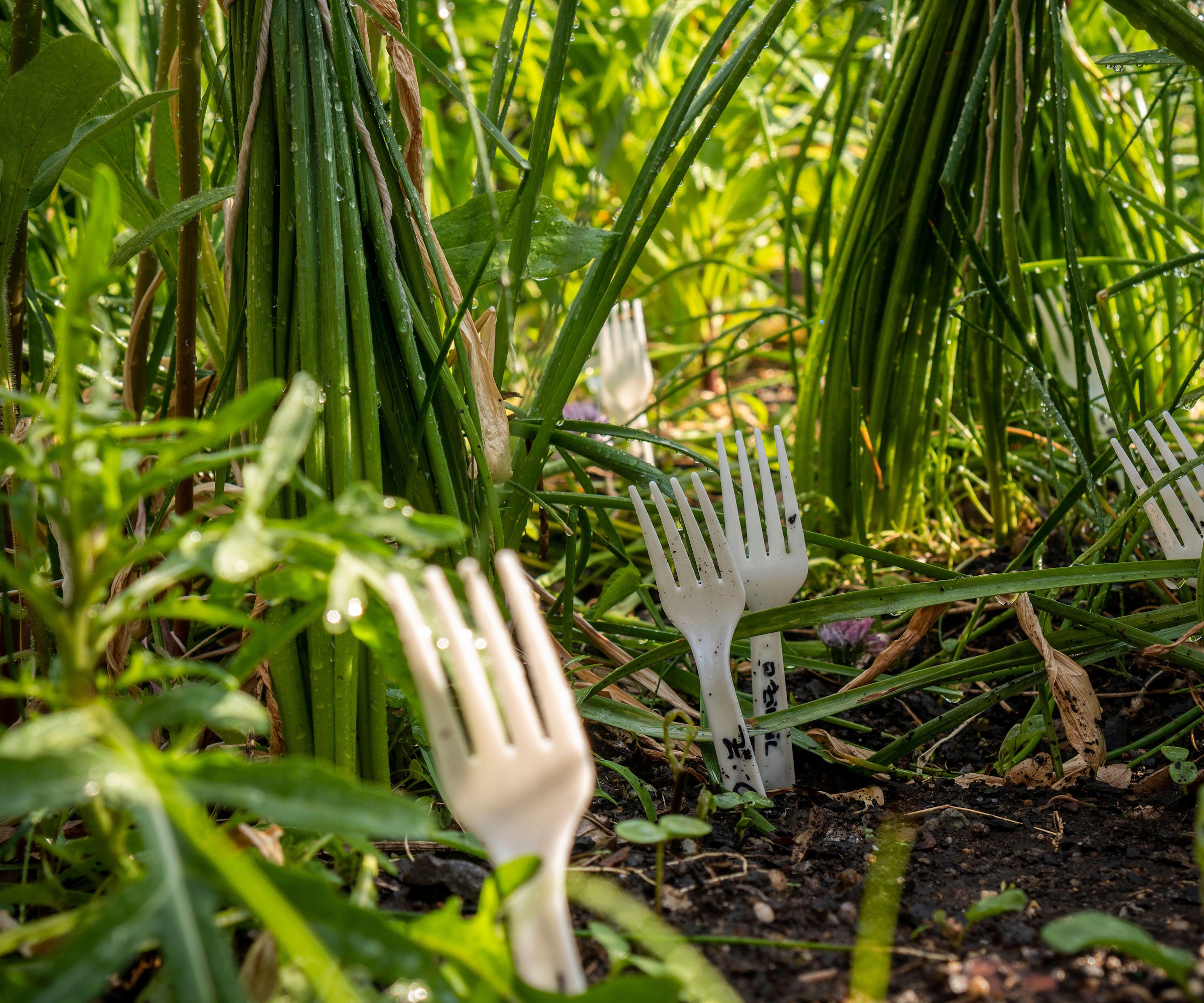
The idea of sticking plastic forks in the ground around your plants to create a pest barrier can be a tempting cheap and quick pest control hack, but it's a method Drew Swainston, Gardens Content Editor at Homes & Gardens, says 'is riddled with potential flaws.'
Though you may not see the damage happening, Drew notes, 'Putting huge numbers of forks in the ground risks lots of potential microplastics ending up in the soil.'
In turn, this affects your soil health and structure, including nutrient-retention, impacting plant growth. Plus, crops growing in contaminated soil can also lead to microplastics being consumed by humans.
Not only this, but plastic forks are not the strongest of materials. Things like adverse weather and small animals may dislodge and break them, instantly removing any pest control purpose they were offering.
Design expertise in your inbox – from inspiring decorating ideas and beautiful celebrity homes to practical gardening advice and shopping round-ups.
By having to then regularly replace the plastic forks, this can also become quite a wasteful method to use.
Above all, Drew notes it may not even work as effectively as you would hope:
'Small pests, such as slugs and snails, aren’t going to be bothered by forks sticking up out of the soil, while you would need huge quantities of forks to efficiently ward off larger ones, like rabbits, rats, squirrels, or cats.'
'It is inefficient method to discourage only a small proportion of seasonal pests, and it is a risk to wildlife, which could scratch or impale themselves,' he explains.
That's where non-toxic gardening swaps and methods come in, offering more reliable protection through natural means and plastic-free products.
'I think the best way to keep pests away from your vegetables over winter is to use netting to cover large plants, cover smaller plants or seedlings with a cloche (glass one from Amazon) or portable cold frame cover, and use companion planting courtesy of aromatic herbs or alliums to deter pests,' Drew suggests.

Drew qualified as a journalist and wrote for many websites and publications, before studying for a horticulture qualification. He worked as a professional gardener for several years, specializing in kitchen gardening. He's now bringing his expertise and passion to Homes & Gardens as a member of our team.
What to use instead of plastic forks for pest control
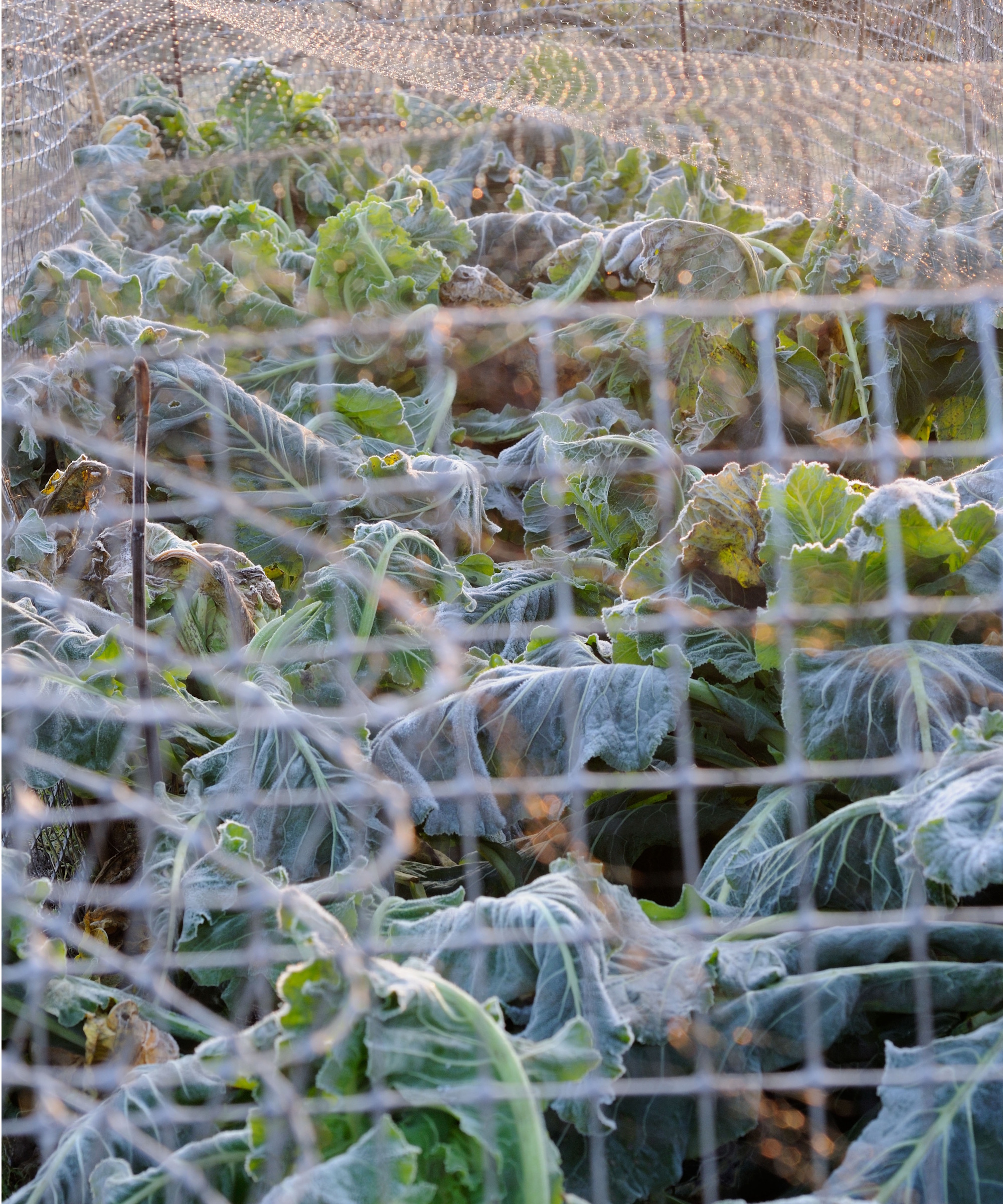
Now you know why you shouldn't use plastic forks for pest control, you can explore alternative methods to adopt.
This includes companion planting, where you place the best pest-repellent plants near the plants you're wanting to protect.
These are plants that often give off a scent or release a chemical pests can't stand, like marigolds (seeds from Walmart).
Or, you can use other sources of scents that deter pests, like a peppermint pest spray (from Amazon).
You can also use crushed eggshells in the yard to create a pest barrier, offering a spikey and uncomfortable boundary they won't want to cross.
There are plenty of eco-friendly yard tools that will stop winter garden pests and spring garden pests alike, too. This includes using a burlap barrier or cover, which is made from natural fibers. You can find garden burlap on Amazon.
You can shop some of our top picks of non-toxic winter pest control tools below:
FAQs
Can I use metal forks for pest control?
Yes, you can use metal forks for pest control by placing them in the ground upwards. It creates an uncomfortable barrier for pests to cross, keeping them away from plants. This is a more sustainable option than plastic forks, but it still isn't necessarily as effective as plant covers and companion planting, as many pests will be able to move past and avoid the forks.
While putting winter pest control methods in place, make sure to also take the time to stop pests overwintering in your shed. This is a warm and sheltered spot that can house a range of destructive pests over the winter months.

Tenielle is a Gardens Content Editor at Homes & Gardens. She holds a qualification in MA Magazine Journalism and has over six years of journalistic experience. Before coming to Homes & Gardens, Tenielle was in the editorial department at the Royal Horticultural Society and worked on The Garden magazine. As our in-house houseplant expert, Tenielle writes on a range of solutions to houseplant problems, as well as other 'how to' guides, inspiring garden projects, and the latest gardening news. When she isn't writing, Tenielle can be found propagating her ever-growing collection of indoor plants, helping others overcome common houseplant pests and diseases, volunteering at a local gardening club, and attending gardening workshops, like a composting masterclass.
